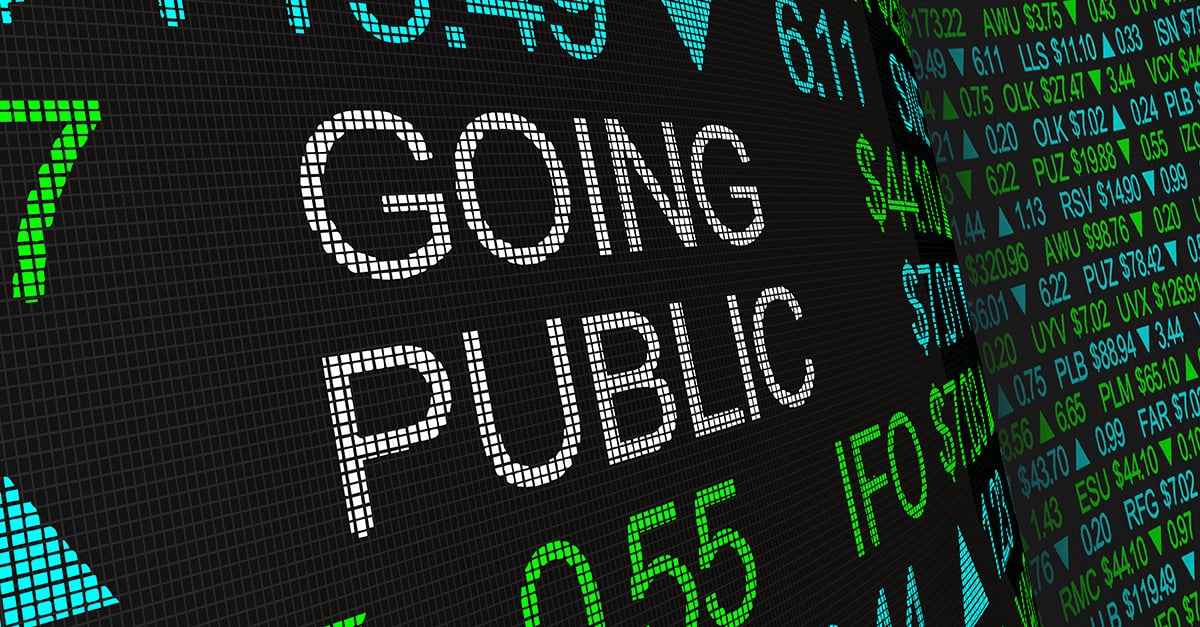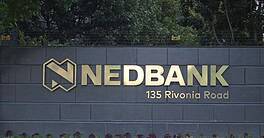The world economy may be down but IPOs are up.

In the face of a pandemic and worldwide economic crisis, global markets continue to see a dramatic spike in direct listings and initial public offerings (IPOs), especially for enterprise software and consumer technology companies.
Airbnb and DoorDash were among the splashiest direct listings of the fourth quarter; both companies saw high demand from institutional and retail investors, leading to high valuations pre- and post-listing. Airbnb raised $3.5 billion in its initial listing, valuing the company at $47 billion. In the US alone, more than 200 initial public offerings were floated in 2020 at a value of more than $50 million each, some 35% more than the previous year, raising almost $80 billion in total.
The market has also experienced a spike in blank-check or special purpose acquisition companies (SPACs). SPACs are pools of capital traded on public exchanges, aiming to find an acquisition target within a defined time frame set by regulators. In the US, 287 SPACs have registered over the past two years, of which 82 had announced their acquisition targets by last month, according to Goldman Sachs. Fisker, an electric-car maker, for example, announced a $2.9 billion reverse-merger deal with Spartan Energy Acquisition, a SPAC, in July and planned to go public in October 2020.
Why the acceleration in capital markets activity and IPOs? The Covid-19 pandemic and related economic uncertainties slowed mergers and acquisitions, triggering corporate exits in public markets via IPOs. Tech companies and others that benefited from the Covid-19 crisis have increased their revenue exponentially and improved their balance sheets. This strong financial positioning is being rewarded in public markets’ pricing.
Low interest rates and low inflation are also bringing investors to public markets by lowering opportunity costs. Both institutional and retail investors, meanwhile, are willing to get into early-stage investing in sectors that they expect will be transformative in the post-Covid-19 era.
Industry analysts and companies expect the trend to continue in 2021. Several global technology companies have already announced plans to list this year, taking advantage of high valuations and continuing interest in enterprise software, remote work, the green energy revolution and life sciences. Among the prominent names are Instacart, the grocery delivery service, and Stripe, a digital payments company. The current wave of SPACs is also expected to continue as larger private equity funds pick up on the trend, and many existing SPACs continue their target acquisition process.



